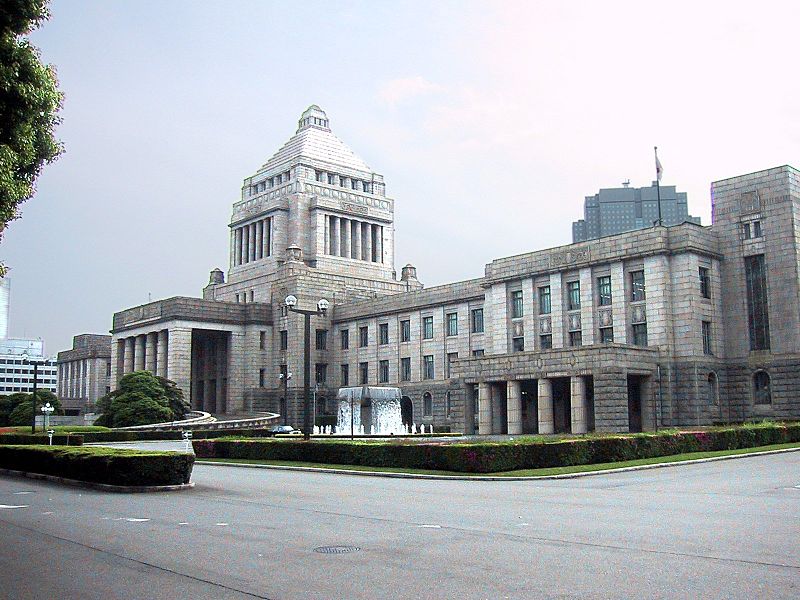
Japanese Diet (Parliament)
A key topic currently in Japan’s parliament (the Diet) is the debate about cliff edges and the so-called ‘1.03-million-yen barrier.’ Under current rules, if someone’s annual salary income exceeds 1.03 million yen, the workers have to pay income tax. At the same time, they lose dependent status, which means that, for students and part time workers, their parents lose tax deductions in income and inhabitant taxes.
The opposition Democratic Party for the People has proposed raising this income threshold to increase ‘take-home pay.’ This idea has gained attention because the ruling Liberal Democratic Party and Kōmeitō lost their governing majority in the October 2024 election, making cooperation with opposition parties more important.
This debate highlights how Japan’s local government finances work and the influence local government leaders can have in national politics.
How Local Taxes Work in Japan
Local taxes are a key part of funding for Japanese municipalities. The main taxes are resident tax, property tax, and local consumption tax. Resident tax is based on income and grows with the economy. Property tax is similar to the UK’s council tax and is charged on land, houses, and assets, providing steady income. Local consumption tax depends on spending in the area, including by visitors.
However, these tax revenue is not evenly distributed across regions. To address this, Japan allocates a share (33.1%) of national taxes, such as income tax, to local governments. This system, called the local allocation tax, helps ensure all areas can provide public services.
Revising the ¥1.03 Million Threshold
Changing the income threshold could reduce local inhabitant tax revenues and national income tax revenues, which would also shrink the local allocation tax. Some local leaders have expressed concerns about the impact on local budgets. In response to this claim, some suggested that the Ministry of Internal Affairs and Communications, which oversees local fiscal systems, might have engaged in political manoeuvring to influence local government leaders to speak out against the system reform. This, however, provoked a strong backlash from local government leaders.
During the discussions on the system design, there were statements suggesting that it would not affect local finances, as well as proposals to exclude local resident taxes from the review. On 25 November, the Prime Minister addressed these concerns, assuring local leaders that financial resources would be secured to maintain stable services. By 11 December, an agreement was reached to aim for raising the threshold to 1.78 million yen starting in 2025, with further details to be worked out.
Lessons for UK Local Authorities
UK local government officials can learn from Japan’s approach to combining multiple taxes to ensure stable revenue while encouraging local economic growth. However, sharing a main tax base (such as income) between national and local governments can create risks. Changes to national taxes can significantly affect local finances.
This debate also shows the importance of local government leaders in shaping national tax policy. Their voices are influential and cannot be ignored by Japan’s Parliament or government.

